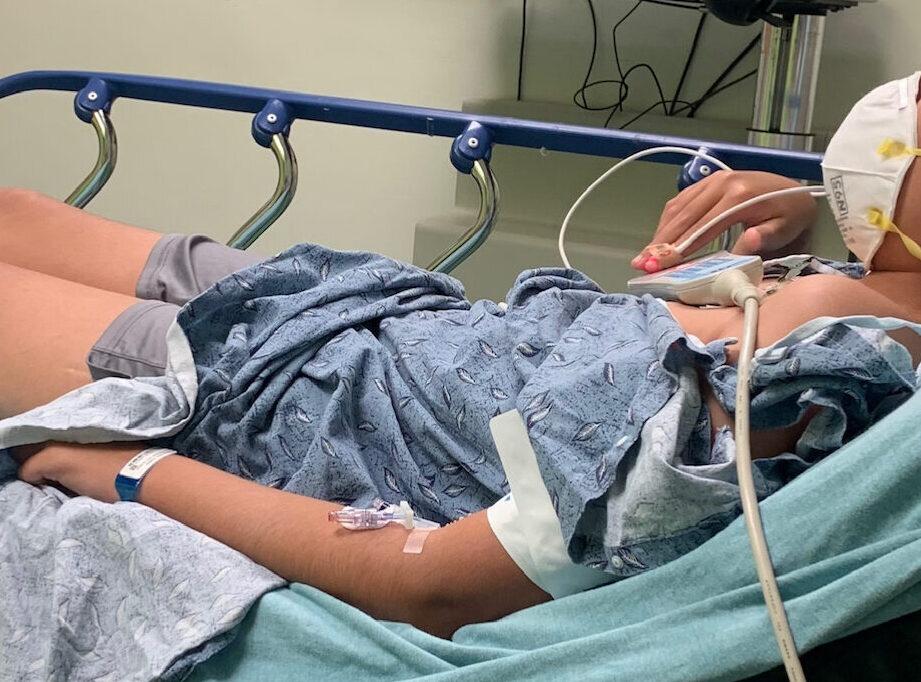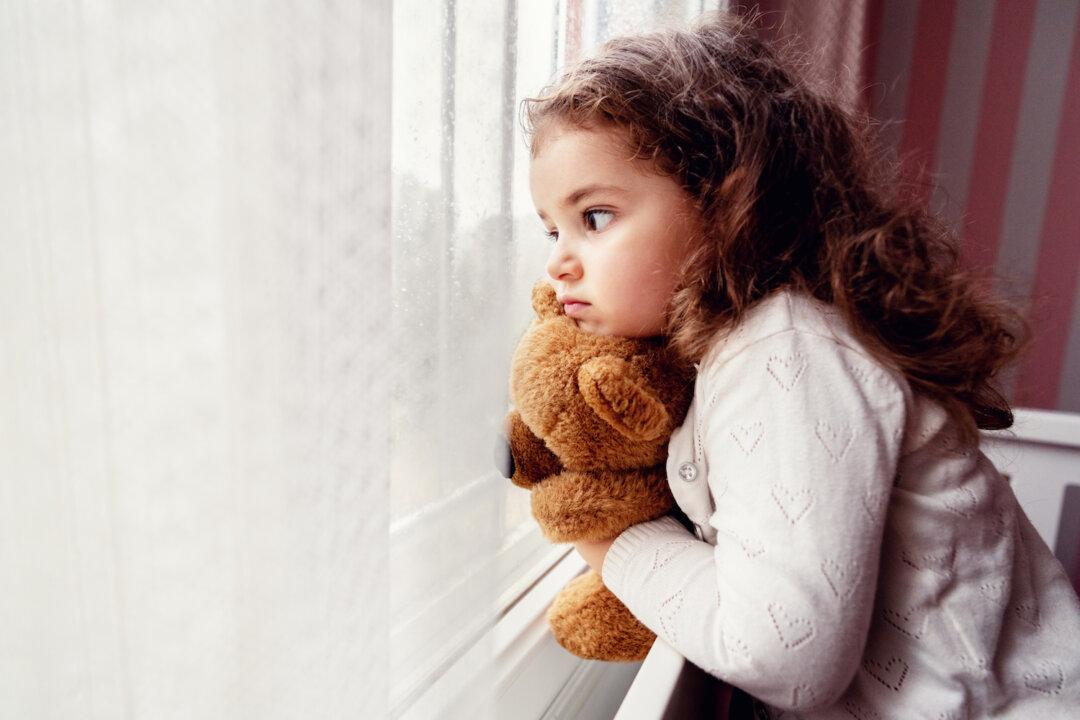Emily Jo and her family, who live just outside of Atlanta, were as careful as they could be to avoid getting COVID-19. They social distanced, always wore masks, opted for virtual learning, and were very excited to get the vaccine as soon as it was available. Jo teaches English as a second language, science, and math classes online, mostly to students in China. Her husband is an engineer and an inventor. Jo, who asked The Epoch Times to not publish her last name, was aware that the mRNA vaccine against COVID-19 could cause side effects, but she believed the benefits outweighed the risks. She felt strongly that getting vaccinated was the best and safest choice.
With an undergraduate degree in microbiology and biochemistry, Jo thought that she had done her research. The Centers for Disease Control and Prevention (CDC), the Food and Drug Administration (FDA), and her son’s pediatrician all recommended the vaccine, and she trusted their judgment. So Jo took her 14-year-old son Aidan to get the first dose on May 12, as soon as it was approved for younger teens. And she posted about how relieved and happy she was to get the Pfizer vaccine for him on her Twitter account, which is @eekymom.






